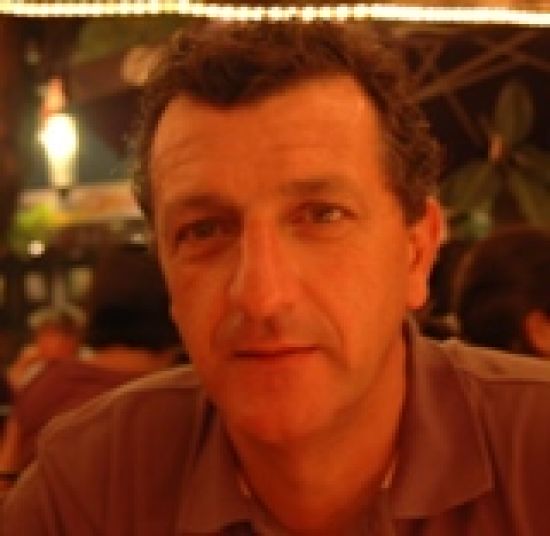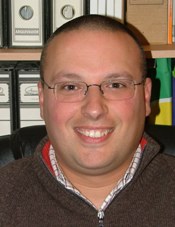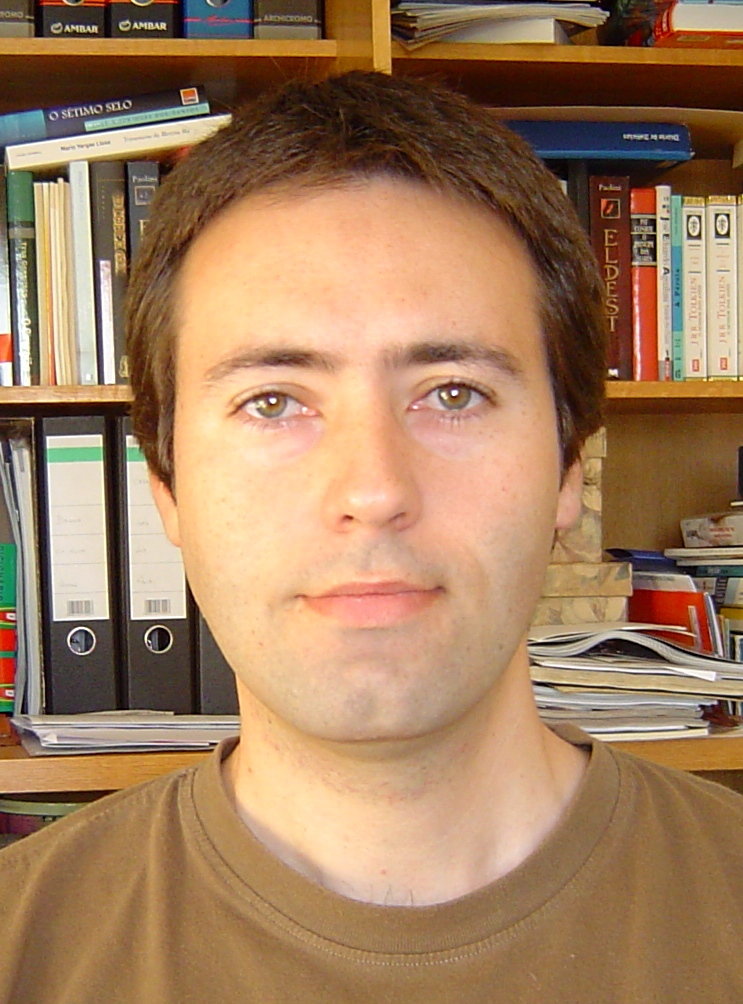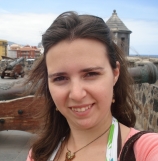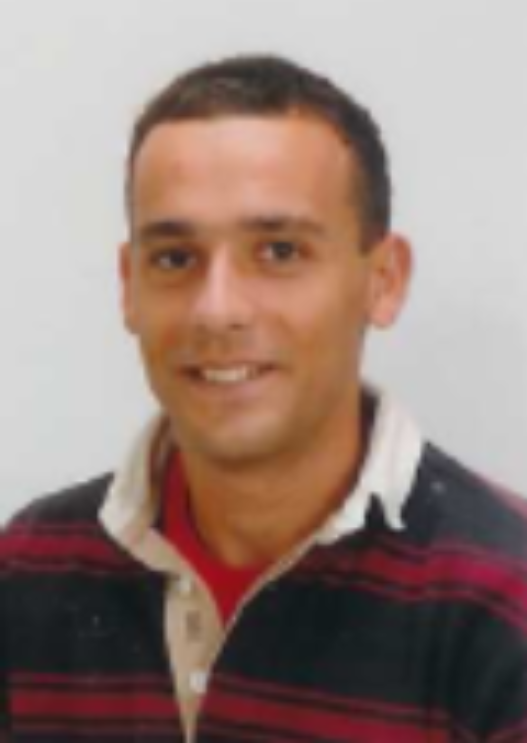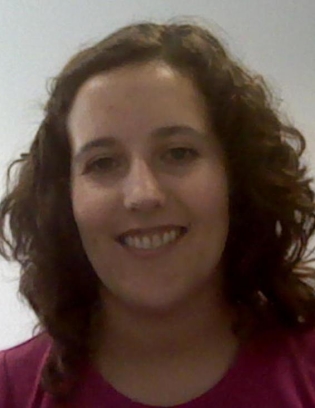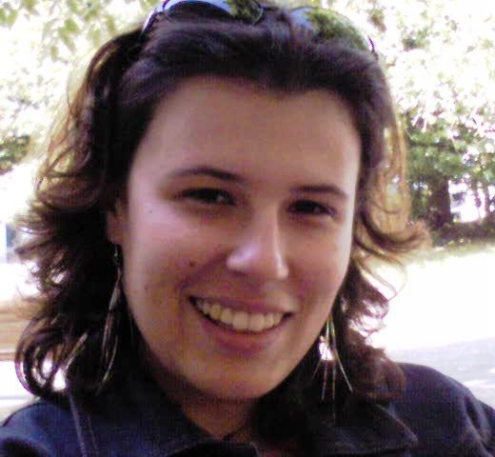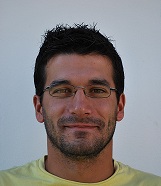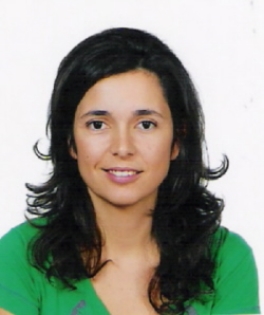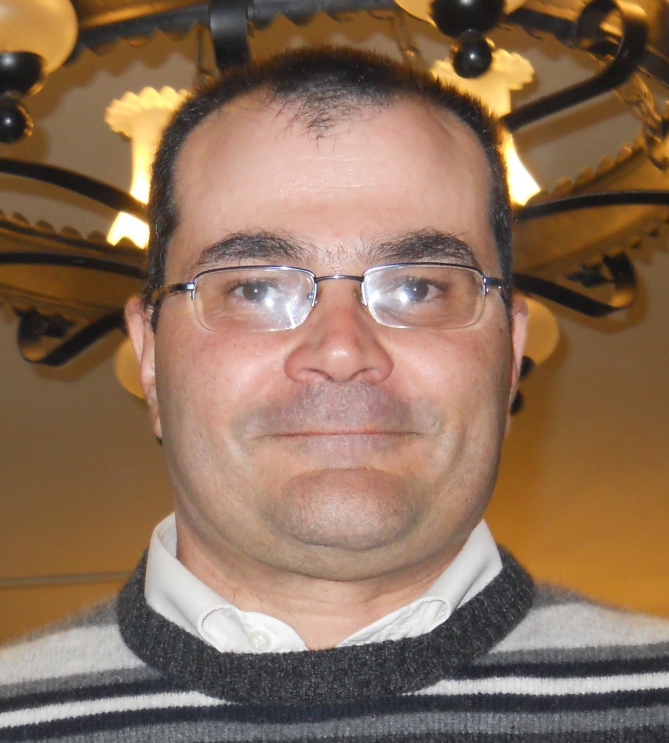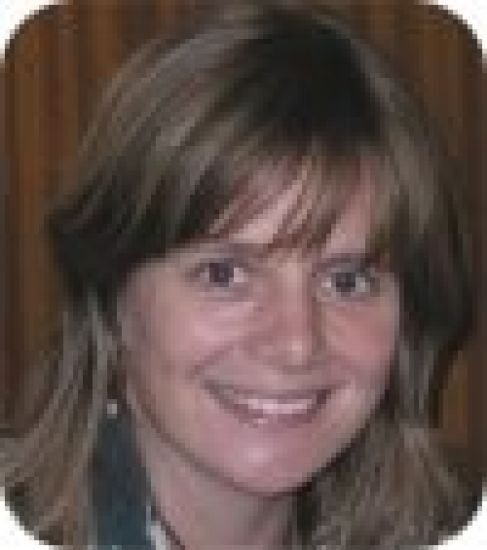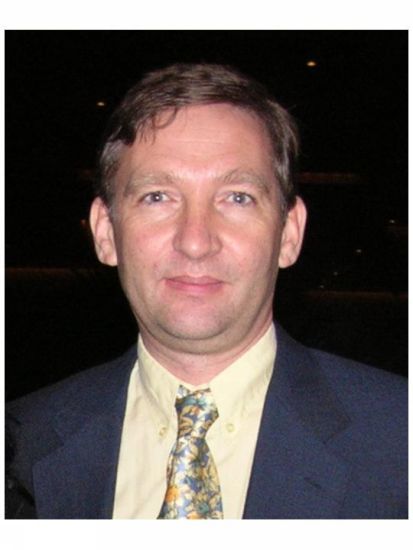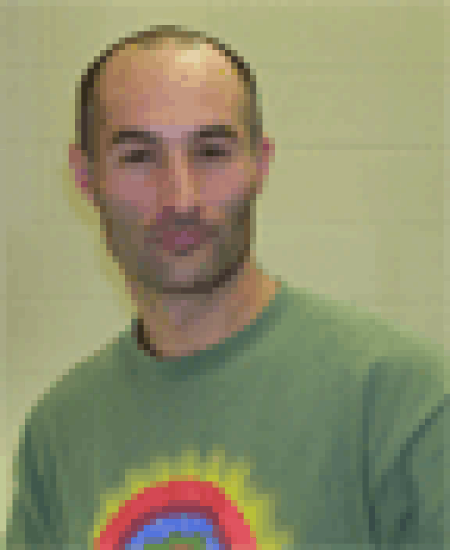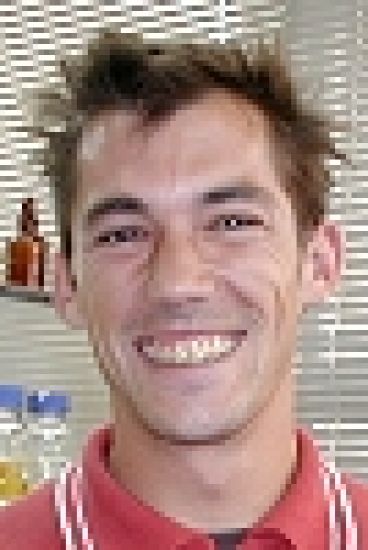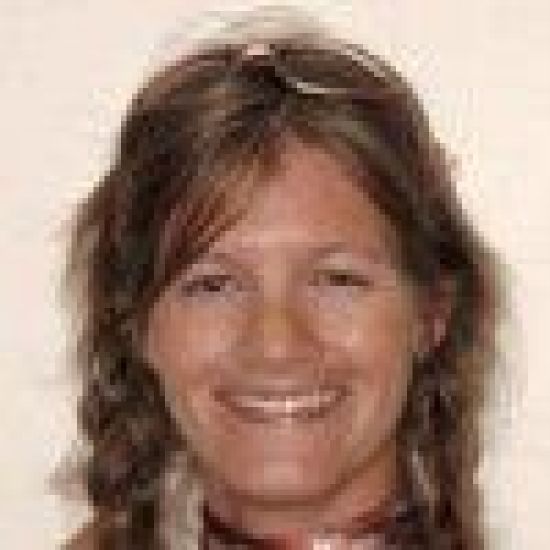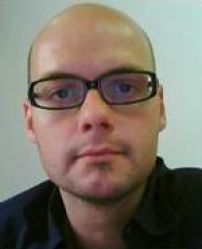
|
Eduardo Esteves, PhD - U. Algarve (2006)
Eduardo Esteves has focused is research on estuarine ichthyoplankton ecology (statistical/ecological modelling of spatio-temporal patterns), RNA/DNA (nutritional condition changes) and recruitment.
Since 2001, he is also Adjunct Professor at the Department of Food Engineering, University of Algarve School of Technology, teaching several courses dealing, directly or indirectly, with statistics applied to food engineering, namely Sensory analysis (Sensometrics), Quality management (Statistical Process/Quality Control), Quality of seafood products (particularly, using Sensory analysis has a tool to assess products’ quality) and Experimental design and data analysis.
  
|



































































































































